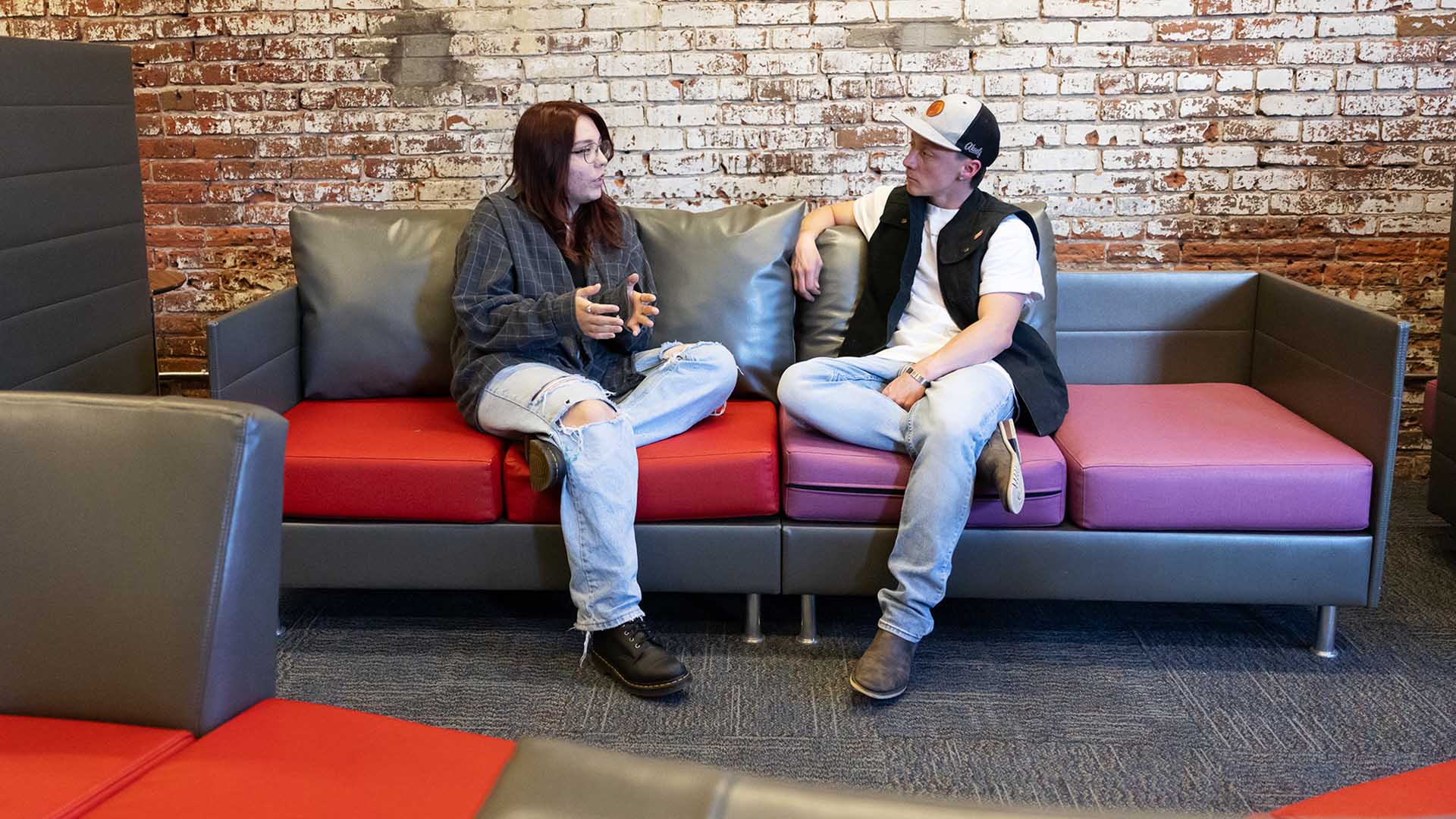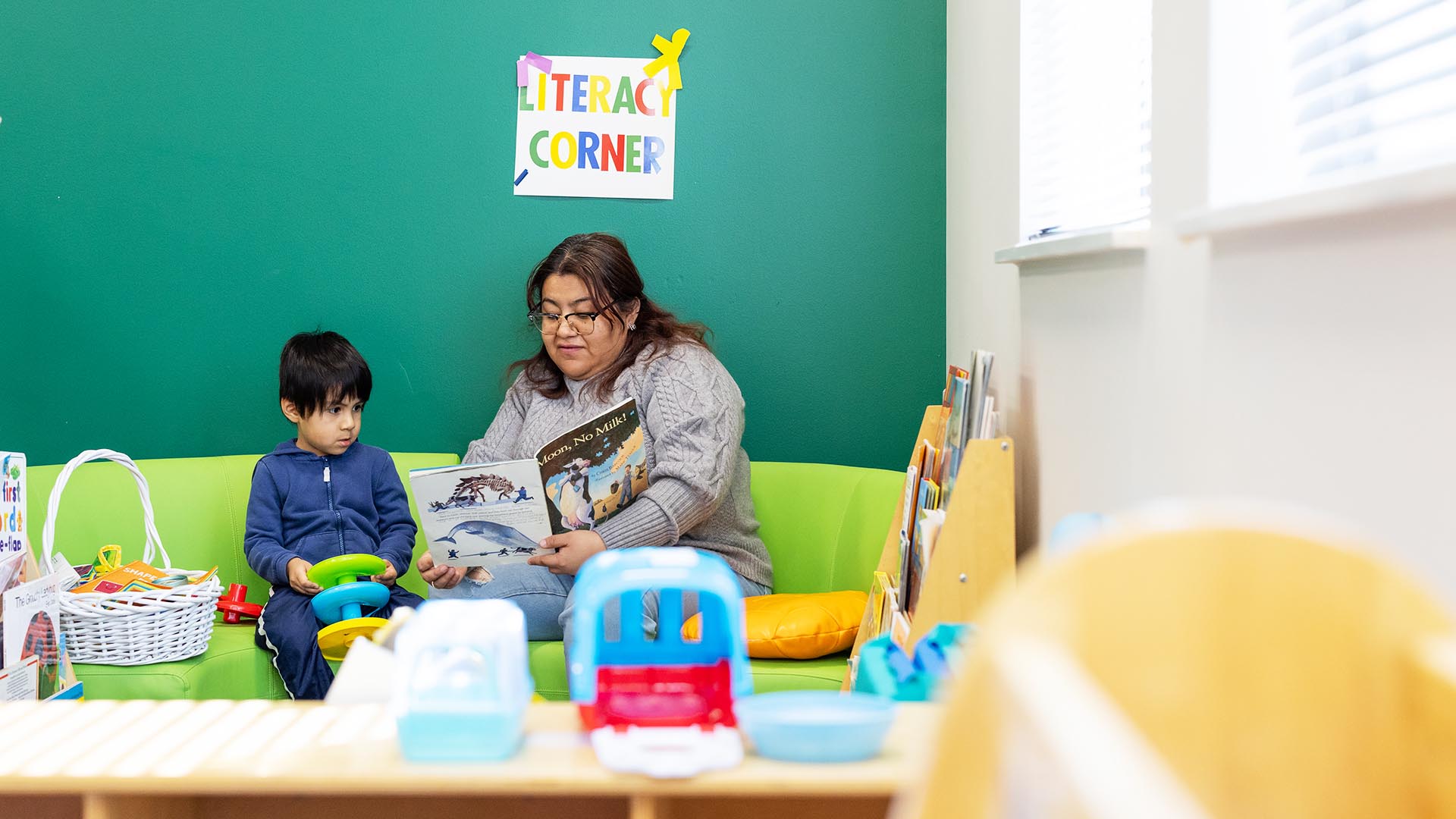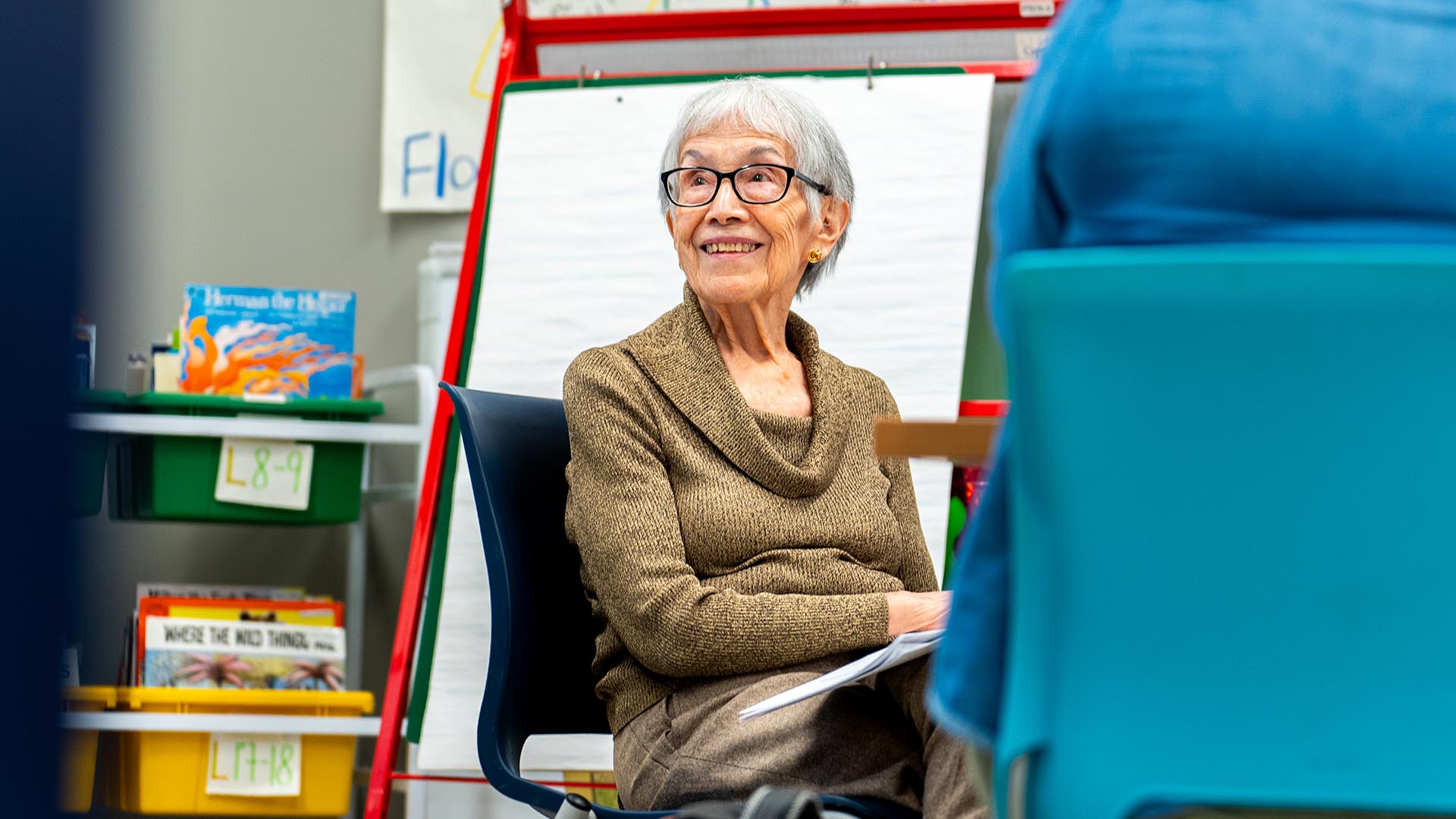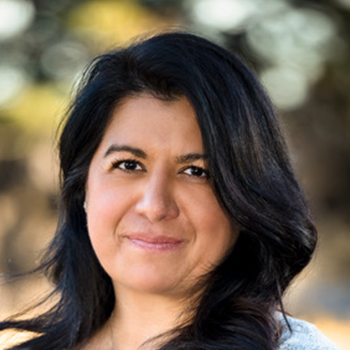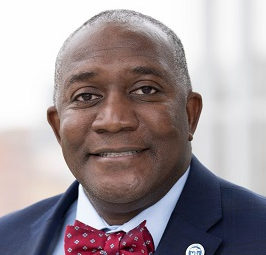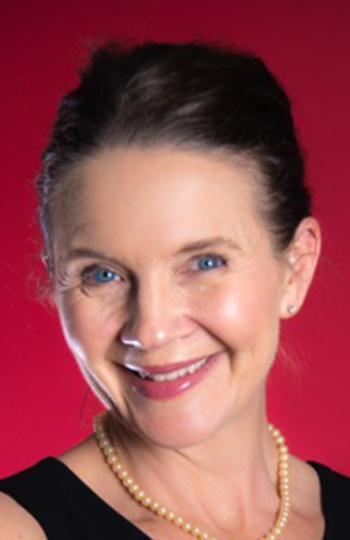A full-ride on the road ahead
This scholarship prioritizes creating debt-free graduates. Here’s how it’s impacting two awardees’ lives.
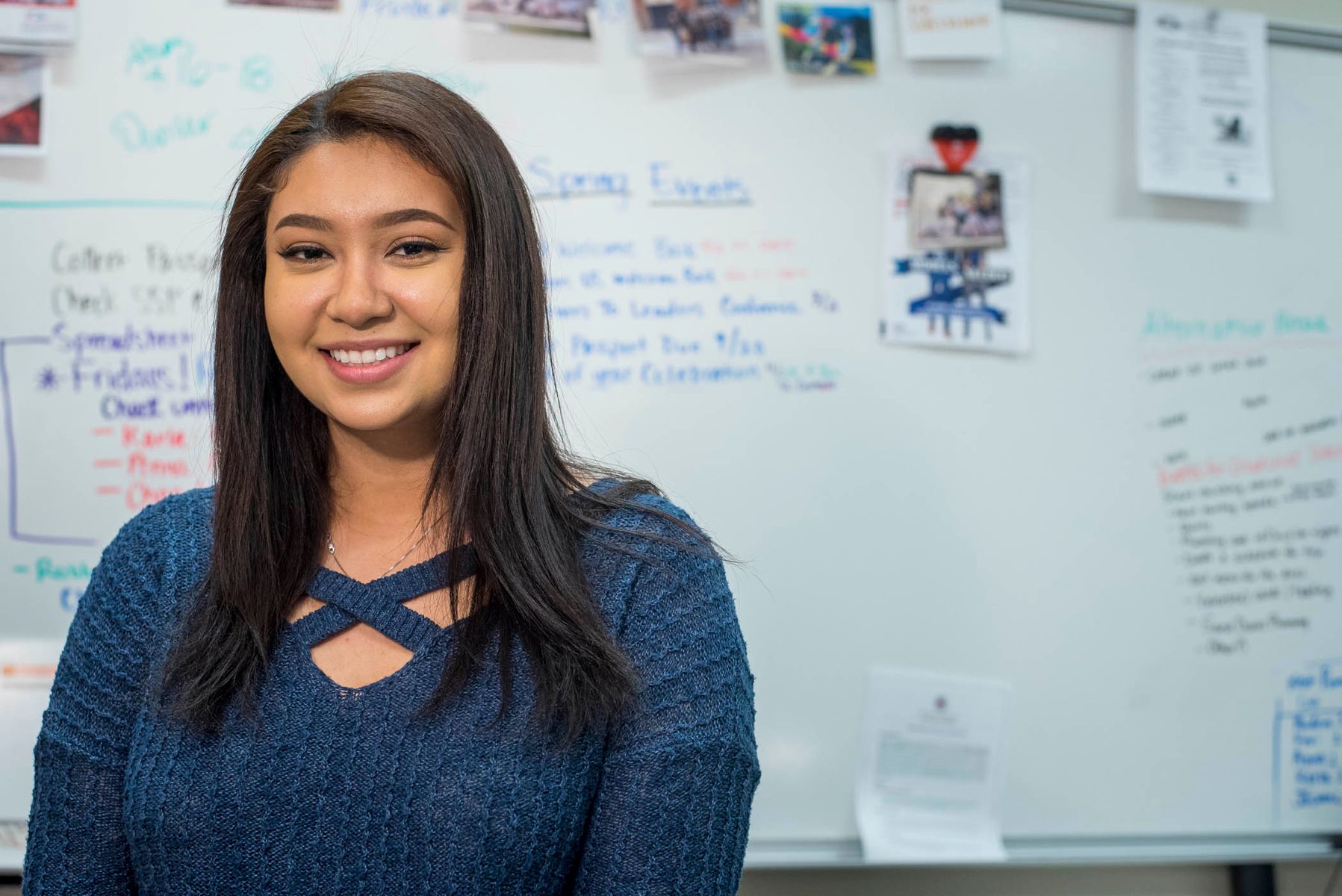
On National Signing Day earlier this month, elite high school athletes made their college athletic choices to great fanfare (except for the rare family member who walked out on their decision).
But they’re not the only ones running a fully-funded road through higher education. And with debt and affordability challenges affecting economic mobility, support for the transformative value that comes from long hours of focused work is more important than ever.
“When I got to MSU Denver, I was worried about how I’d be able to continue in school,” said Karla Muniz, a junior majoring in social work with a minor in Spanish.
“I’m first-generation and lower income. And when my advisor first brought up the Reisher Scholars program, I thought it was out of my league.
“Then, after I applied, I got the letter that I was being considered – that changed everything.”

Established in 2001 with MSU Denver as one of the two original locations, the Reisher scholarship provides what equates to a full-ride for students demonstrating both financial need and academic achievement.
That’s because the empowering nature of graduating debt-free honors the legacy of the program’s founders, Roger and Margaret Reisher, who were first-generation themselves, said Sharon Harper, director of scholarship programs at the Denver Foundation. After attending college on the G.I. Bill, Roger went on to become founding president of what is now Lakewood-based FirstBank.
The program’s dedication to access and opporunity continues, as MSU Denver students who have completed less than 30 hours or community college junior transfer students who have 54-75 hours, each with a cumulative 3.0 GPA or higher, are eligible to apply.
And though it is now offered at six schools across the Front Range, MSU Denver’s status as the most affordable of Colorado’s four-year institutions means the funding goes further, said Cary Aplin-Gomez, Scholar Success Program coordinator.
Other large awards providing matching or close to full-rides available to students include the Dream.US scholarship, the National Science Foundation-funded Denver Metro Chem Scholars for STEM majors, the Puksta Scholars Program and those offered by the Daniels Fund.
Even more funding options are available via a wide variety of foundational and institutional scholarships; eligibility is determined by filling out the general application by the March 1 priority deadline.
Many of the awards have additional components to ensure student success is built into their structure: Reisher scholars take part in regular social and leadership opportunities throughout the year, culminating with a daylong scholars’ conference each spring.
For Muniz, who’s also employed as a peer advocate with the program and Denver Scholarship Foundation, it’s been a winning formula for continued success – both academically and personally.
“By working here, I’ve met new people and started to see myself as a leader,” she said. “It’s been a life-changing experience; I love it.”

Melissa Sypniewski echoed that significance of focused authenticity.
“You really need to take the time to think about your goals and tell your story,” said the 2015 graduate in human services. “Above all else – you just need to go for it.”
Now working with AJ Kirkegaard Contractors in construction management, she is grateful to the Reisher Scholars program for allowing her to graduate debt-free, affording her the ability to buy a vehicle and successfully secure her current rental apartment.
The value of the program isn’t lost on Sypniewski. She credited her mother, who raised her as a single parent, for instilling the importance of education in her at an early age.
“I saw her working three jobs to keep the lights on,” she said. “It makes you appreciate an opportunity like this – you don’t take that for granted.”
That’s a sentiment Sypniewski continues to apply as a life motto.
And when she found herself back at a recent Reisher dinner, now speaking to a new class of scholars, she remembered the feeling of being an impostor that many others likely were experiencing in that moment.
“In reflection, I realized, OK – I’m worthy and capable of being not only here, but that I can take the things that helped me succeed in school and apply them elsewhere in so many places,” she said.
“That’s what a program like this does for people.”


